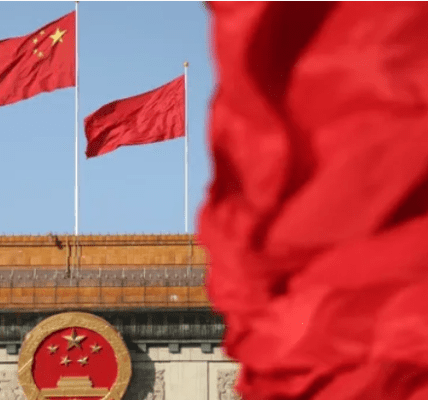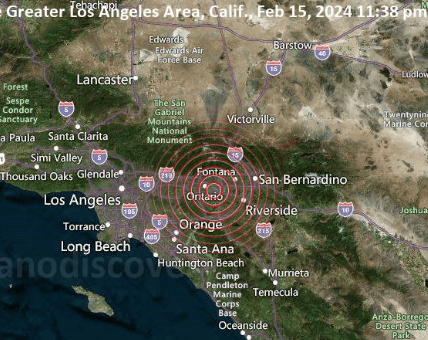- Homepage
- World Affairs
- Social Media Backlash Over Kamala Harris’ Israel Warning: A Critical Analysis
Social Media Backlash Over Kamala Harris’ Israel Warning: A Critical Analysis
Examining the Controversial Remarks and Their Impact on U.S.-Israel Relations
Vice President Kamala Harris recently faced significant backlash on social media following her remarks concerning Israel’s settlement expansion in Palestinian territories. The comments, viewed by many as “shameful,” ignited a storm of criticism online, prompting discussions about the delicate dynamics of U.S.-Israel relations and the role of diplomatic rhetoric in the Middle East conflict.
Contextualizing Harris’ Warning: Israeli Settlement Expansion
Harris’ warning to Israel occurred against the backdrop of ongoing tensions surrounding the expansion of Israeli settlements in Palestinian territories. This issue has long been a point of contention in the Israeli-Palestinian conflict, with widespread international concern about its implications for peace and adherence to international law.
Harris’ comments reflect broader global sentiments regarding the expansion of Israeli settlements and their perceived hindrance to a viable two-state solution. As Vice President, Harris holds a significant platform to address such concerns, but her remarks have sparked divisive reactions and critique from various quarters.

The Online Uproar: #KickRocksKamala and Beyond
Following Harris’ statement, social media platforms witnessed a surge of criticism and condemnation, exemplified by the trending hashtag #KickRocksKamala on Twitter. Users expressed outrage, accusing Harris of interference in Israel’s internal affairs and betraying its interests.
Critics argued that Harris’ remarks signaled a departure from the longstanding U.S. policy of unwavering support for Israel, while others viewed them as a threat to Israel’s security and sovereignty.
The backlash extended beyond social media, with conservative voices seizing on Harris’ comments to bolster their narratives about the Biden administration’s stance towards Israel. Some interpreted her remarks as evidence of a broader shift away from Israel in U.S. foreign policy, while others accused the administration of abandoning a crucial ally in the region.
The controversy surrounding Harris’ warning underscores the intricate balance that the United States must maintain in its relationship with Israel. While affirming its commitment to Israel’s security, the Biden administration has also expressed concerns about issues like settlement expansion and human rights violations.
Harris’ remarks highlight the tensions within the Democratic Party regarding Israel and the Palestinians. As internal divisions persist, her comments reignited debates on U.S. policy in the Middle East and the role of diplomacy in addressing the conflict.
Moreover, the episode underscores the challenges of conducting diplomacy in the age of social media, where statements can be swiftly distorted and amplified. Harris’ warning, intended as a diplomatic gesture, quickly morphed into a rallying cry against perceived anti-Israel sentiment.

Moving Forward: Seeking Common Ground Amidst Controversy
As discussions around Harris’ remarks continue, there is an opportunity for reflection and dialogue on the complexities of the Israeli-Palestinian conflict and the United States’ role in it. Despite inevitable criticism and disagreement, finding common ground and pursuing constructive solutions remain imperative.
Read More News:
- SpaceX’s Starship Test Flight: Progress Amidst Setbacks
- Unsettling Rhetoric: LULAC’s Warning on Governor Abbott’s Immigration Stance
Achieving peace in the Middle East demands engagement, cooperation, and respect for all parties involved. While Harris’ warning may have sparked controversy, it should be viewed as part of broader efforts to advance U.S. interests and promote stability in the region. By engaging stakeholders and working towards equitable resolutions, the United States can play a constructive role in fostering peace in the Middle East.




